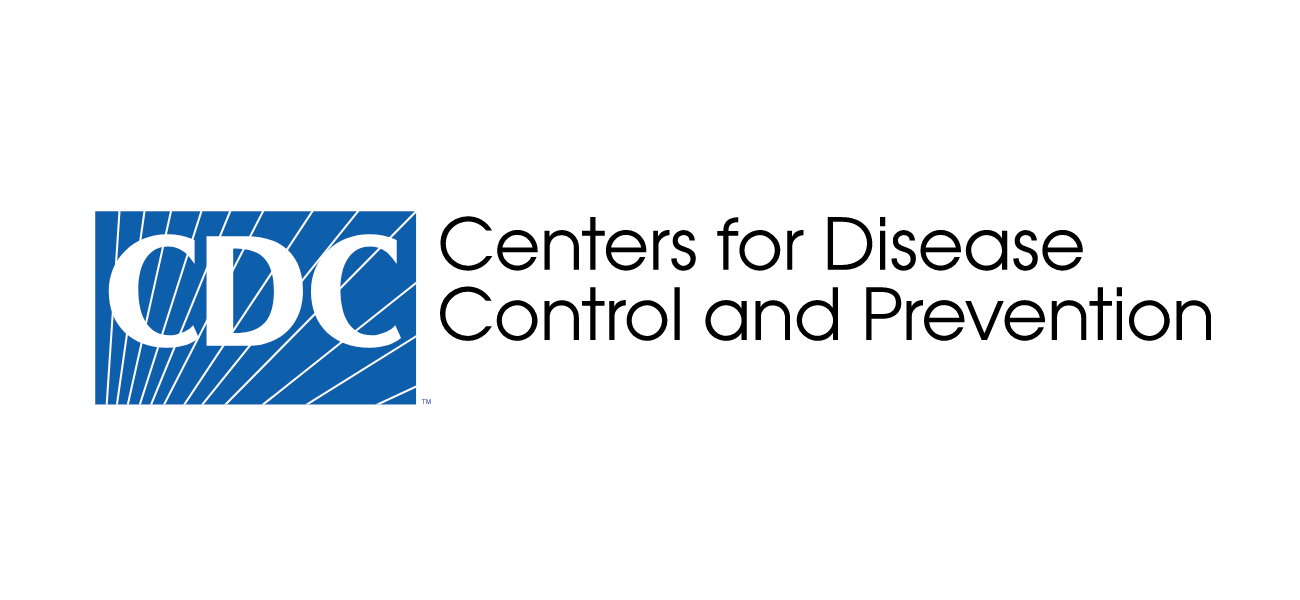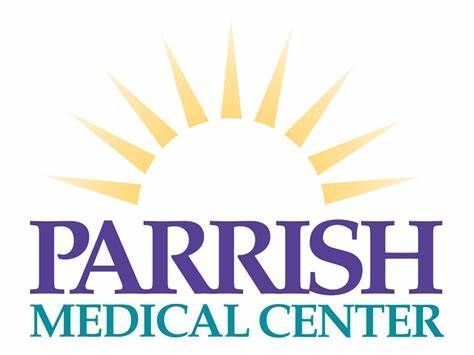CDC Statement on COVID-19 Booster Recommendations
Pfizer Covid Vaccine Booster Recommendations
for Patients with Heart Problems

CDC Director Rochelle P. Walensky, M.D., M.P.H., endorsed the CDC Advisory Committee on Immunization Practices’ (ACIP) recommendation for a booster shot of the Pfizer-BioNTech COVID-19 vaccine in certain populations and also recommended a booster dose for those in high risk occupational and institutional settings. The Food and Drug Administration’s (FDA) authorization and CDC’s guidance for use are important steps forward as we work to stay ahead of the virus and keep Americans safe.
This updated interim guidance from CDC allows for millions of Americans who are at highest risk for COVID-19 to receive a Pfizer-BioNTech COVID-19 booster shot to help increase their protection.
CDC recommends:
- people 65 years and older and residents in long-term care settings should receive a booster shot of Pfizer-BioNTech’s COVID-19 vaccine at least 6 months after their Pfizer-BioNTech primary series,
- people aged 50–64 years with underlying medical conditions should receive a booster shot of Pfizer-BioNTech’s COVID-19 vaccine at least 6 months after their Pfizer-BioNTech primary series,
- people aged 18–49 years with underlying medical conditions may receive a booster shot of Pfizer-BioNTech’s COVID-19 vaccine at least 6 months after their Pfizer-BioNTech primary series, based on their individual benefits and risks, and
- people aged 18-64 years who are at increased risk for COVID-19 exposure and transmission because of occupational or institutional setting may receive a booster shot of Pfizer-BioNTech’s COVID-19 vaccine at least 6 months after their Pfizer-BioNTech primary series, based on their individual benefits and risks.
Medical Conditions in Adults that Should get a Booster
- This list is presented in alphabetical order and not in order of risk.
- CDC completed an evidence review process for each medical condition on this list to ensure they met criteria for inclusion on this webpage.
- We are learning more about COVID-19 every day, and this list may be updated as the science evolves.
Cancer
Having cancer can make you more likely to get severely ill from COVID-19. Treatments for many types of cancer can weaken your body’s ability to fight off disease. At this time, based on available studies, having a history of cancer may increase your risk.
Get more information:
- Cancer | CDC
- American Cancer Society: What People with Cancer Should Know about Coronavirus
- external icon
Chronic kidney disease
Having chronic kidney disease of any stage can make you more likely to get severely ill from COVID-19.
Get more information:
Chronic lung diseases, including COPD (chronic obstructive pulmonary disease), asthma (moderate-to-severe), interstitial lung disease, cystic fibrosis, and pulmonary hypertension
Chronic lung diseases can make you more likely to get severely ill from COVID-19. These diseases may include:
- Asthma, if it’s moderate to severe
- Chronic obstructive pulmonary disease (COPD), including emphysema and chronic bronchitis
- Having damaged or scarred lung tissue such as interstitial lung disease (including idiopathic pulmonary fibrosis)
- Cystic fibrosis, with or without lung or other solid organ transplant
- Pulmonary hypertension (high blood pressure in the lungs)
Get more information:
- COPD | CDC
- Asthma | CDC
- People with Moderate to Severe Asthma
- American Lung Association: Controlling Chronic Lung Diseases Amid COVID-19
- external icon
- Cystic Fibrosis | CDC
Dementia or other neurological conditions
Having neurological conditions, such as dementia, can make you more likely to get severely ill from COVID-19.
Get more information:
Diabetes (type 1 or type 2)
Having either type 1 or type 2 diabetes can make you more likely to get severely ill from COVID-19.
Get more information:
- Diabetes | CDC
- American Diabetes Association: How COVID-19 Impacts People with Diabetes
- external icon
Down syndrome
Having Down syndrome can make you more likely to get severely ill from COVID-19.
Get more information:
- Down syndrome | CDC
- Global Down Syndrome Foundation
- external icon
- National Down Syndrome Society: COVID-19 and Down Syndrome
- external icon
Heart conditions (such as heart failure, coronary artery disease, cardiomyopathies or hypertension)
Having heart conditions such as heart failure, coronary artery disease, cardiomyopathies, and possibly high blood pressure (hypertension) can make you more likely to get severely ill from COVID-19.
Get more information:
HIV infection
Having HIV (Human Immunodeficiency Virus) can make you more likely to get severely ill from COVID-19.
Get more information:
Immunocompromised state (weakened immune system)
Having a weakened immune system can make you more likely to get severely ill from COVID-19. Many conditions and treatments can cause a person to be immunocompromised or have a weakened immune system. Primary immunodeficiency is caused by genetic defects that can be inherited. Prolonged use of corticosteroids or other immune weakening medicines can lead to secondary or acquired immunodeficiency.
People who have a condition or are taking medications that weaken their immune system may not be fully protected even if they are fully vaccinated. They should continue to take all precautions recommended for unvaccinated people, including wearing a well-fitted mask, until advised otherwise by their healthcare provider.
Get more information:
- Types of Primary Immune Deficiency Diseases
- external icon
- The Jeffrey Modell Foundation
- external icon
- Immune Deficiency Foundation
- external icon
- Primary Immunodeficiency (PI) | CDC
Liver disease
Having chronic liver disease, such as alcohol-related liver disease, nonalcoholic fatty liver disease, and especially cirrhosis, or scarring of the liver, can make you more likely to get severely ill from COVID-19.
Get more information:
- Liver Disease | NIDDK (nih.gov)
- external icon
- American Liver Foundation: Your Liver & COVID-19
- external icon
Overweight and obesity
Overweight (defined as a body mass index (BMI) > 25 kg/m2 but < 30 kg/m2), obesity (BMI ≥30 kg/m2 but < 40 kg/m2), or severe obesity (BMI of ≥40 kg/m2), can make you more likely to get severely ill from COVID-19. The risk of severe COVID-19 illness increases sharply with elevated BMI.
Get more information:
- Obesity | CDC
- Obesity, Race/Ethnicity, and COVID-19 | CDC
- Obesity Action Coalition: COVID-19 and Obesity
- external icon
Pregnancy
Pregnant and recently pregnant people (for at least 42 days following end of pregnancy) are more likely to get severely ill from COVID-19 compared with non-pregnant people.
Get more information:
- Pregnant and Recently Pregnant People | CDC
- Toolkit for Pregnant People and New Parents | CDC
- Investigating the Impact of COVID-19 during Pregnancy | CDC
Sickle cell disease or thalassemia
Having hemoglobin blood disorders like sickle cell disease (SCD) or thalassemia can make you more likely to get severely ill from COVID-19.
Get more information:
Smoking, current or former
Being a current or former cigarette smoker can make you more likely to get severely ill from COVID-19. If you currently smoke, quit. If you used to smoke, don’t start again. If you’ve never smoked, don’t start.
Get more information:
- Smoking & Tobacco Use | CDC
- How to Quit Smoking | Quit Smoking | Tips From Former Smokers | CDC
- Health Benefits of Quitting Smoking | CDC
Solid organ or blood stem cell transplant
Having had a solid organ or blood stem cell transplant, which includes bone marrow transplants, can make you more likely to get severely ill from COVID-19.
Get more information:
Stroke or cerebrovascular disease, which affects blood flow to the brain
Having cerebrovascular disease, such as having a stroke, can make you more likely to get severely ill from COVID-19.
Get more information:
Substance use disorders
Having a substance use disorder (such as alcohol, opioid, or cocaine use disorder) can make you more likely to get severely ill from COVID-19.
Get more information:
Many of the people who are now eligible to receive a booster shot received their initial vaccine early in the vaccination program and will benefit from additional protection. With the Delta variant’s dominance as the circulating strain and cases of COVID-19 increasing significantly across the United States, a booster shot will help strengthen protection against severe disease in those populations who are at high-risk for exposure to COVID-19 or the complications from severe disease.
CDC will continue to monitor the safety and effectiveness of COVID-19 vaccines to ensure appropriate recommendations to keep all Americans safe. We will also evaluate with similar urgency available data in the coming weeks to swiftly make additional recommendations for other populations or people who got the Moderna or Johnson & Johnson vaccines.
The following is attributable to Dr. Walensky:
As CDC Director, it is my job to recognize where our actions can have the greatest impact. At CDC, we are tasked with analyzing complex, often imperfect data to make concrete recommendations that optimize health. In a pandemic, even with uncertainty, we must take actions that we anticipate will do the greatest good.
I believe we can best serve the nation’s public health needs by providing booster doses for the elderly, those in long-term care facilities, people with underlying medical conditions, and for adults at high risk of disease from occupational and institutional exposures to COVID-19. This aligns with the FDA’s booster authorization and makes these groups eligible for a booster shot. Today, ACIP only reviewed data for the Pfizer-BioNTech vaccine. We will address, with the same sense of urgency, recommendations for the Moderna and J&J vaccines as soon as those data are available.
While today’s action was an initial step related to booster shots, it will not distract from our most important focus of primary vaccination in the United States and around the world. I want to thank ACIP for their thoughtful discussion and scientific deliberation on the current data which informed my recommendation.





